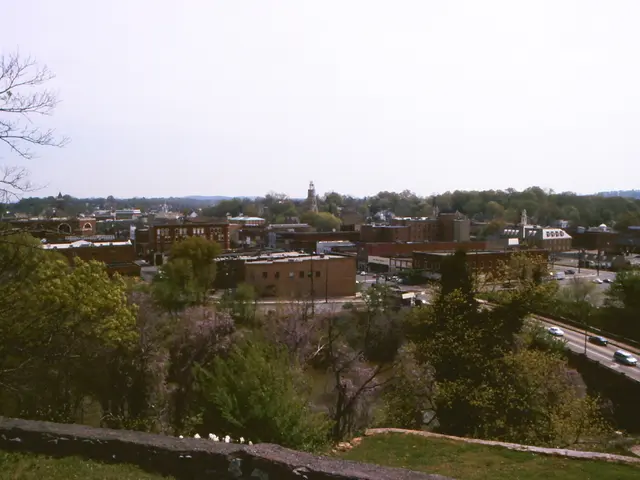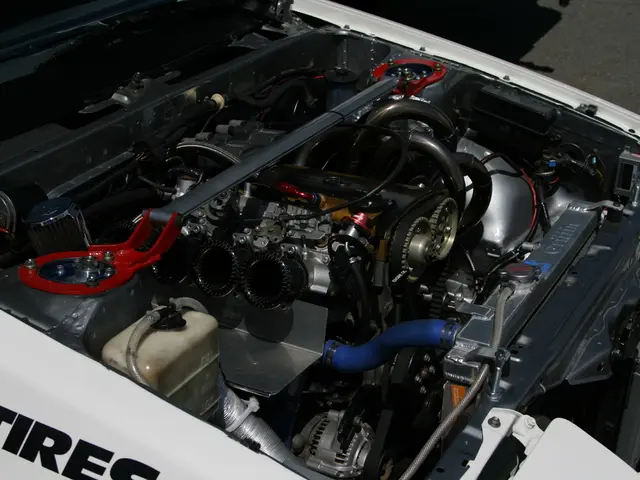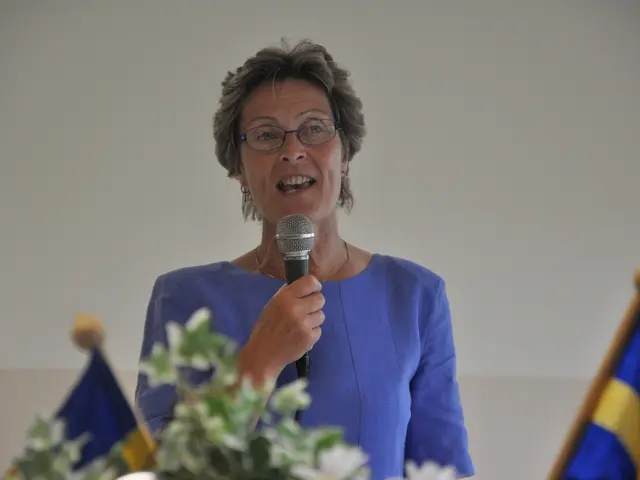Special Environmental Crime Office in NRW Probes Major Fish Kill, Contaminated Soil Network
A major fish kill in the Agger river is being probed, with investigators linking it to a hydroelectric plant's outlet. Meanwhile, a network of 40-50 suspects is under scrutiny in a contaminated soil case, with indictments expected in early 2026. The Central Office for the Prosecution of Environmental Crime (ZEUK NRW) in Dortmund, established two years ago, is handling these cases and more.
The ZEUK NRW, working with state police, local authorities, and LANUK, has investigated a range of environmental crimes, setting European standards. These include 30,000 cubic meters of contaminated soil found in Heinsberg, intended for disposal in the Garzweiler mine. Similar contaminated soil was discovered in a Kamp-Lintfort gravel pit, involving dozens of truckloads. The office also probed illegal waste disposal, water pollution, and animal cruelty cases, including commercial slaughter without anesthesia in Viersen, violating the Animal Welfare Act.
The office's work has gained EU interest, with the prosecution of environmental crime through a specialized public prosecutor's office being unique in Germany. While no specific EU countries have shown interest in a similar office in NRW, there's general EU interest in combating environmental crime. The European Environment Agency (EEA) and the European Commission are actively engaged in environmental protection and may be interested in innovative approaches like the ZEUK NRW.
The ZEUK NRW continues to investigate high-profile cases, including the Agger fish kill and the contaminated soil network. With indictments in the soil case expected in early 2026, the office's impact on environmental protection in NRW and beyond is clear. Its innovative approach has garnered EU interest, highlighting the importance of dedicated prosecution in environmental crime.







